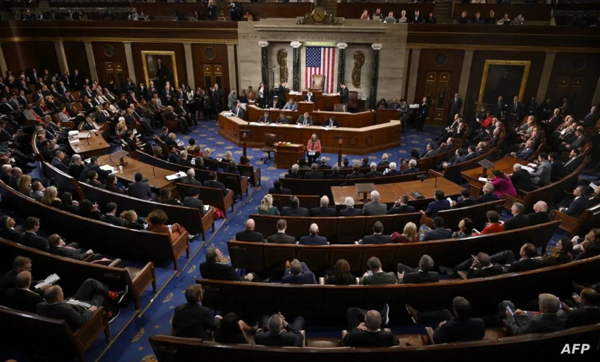
The automotive sector is in the midst of uncertainty due to the decisions of the President of the United States, Donald Trump, to impose tariffs on imports. Despite any short-term benefits that may arise, such investments are long-term, causing concerns among American farmers who export a significant portion of their production to neighboring countries without tariffs, such as Canada and Mexico.
According to analysts, vehicle prices could rise by approximately $2,500 per car, negatively impacting American consumers by reducing their real income and purchasing power. The lack of clarity in trade policies and the resulting uncertainty deter investors from the markets, despite Trump's rhetoric of "making America great again."
Trump's economic decisions, such as imposing tariffs on countries with which there is a trade deficit, including Mexico, China, and Canada, have generated concern in sectors like automotive, which for years have benefited from trade agreements that have allowed the development of efficient production chains among the three countries. Although tariffs represent a small part of the country's tax revenues, their impact could be felt in consumers' pockets and the economy as a whole.
Trump's economic policy is characterized by its volatility and discretion, with decisions that can change rapidly, making long-term planning difficult for companies. The imposition of tariffs on imports from neighboring countries and key trading partners, such as Canada and Mexico, as well as China, aims to increase government revenues, but also generates uncertainty and concern among producers and the industry in general.
Estimates from the Tax Foundation indicate that tariffs could generate around $100 billion per year for the U.S. government. In light of this situation, Trump has urged agricultural producers to prepare for increased sales within the United States, reflecting the complexity and impact that these decisions can have on the country's economy.














